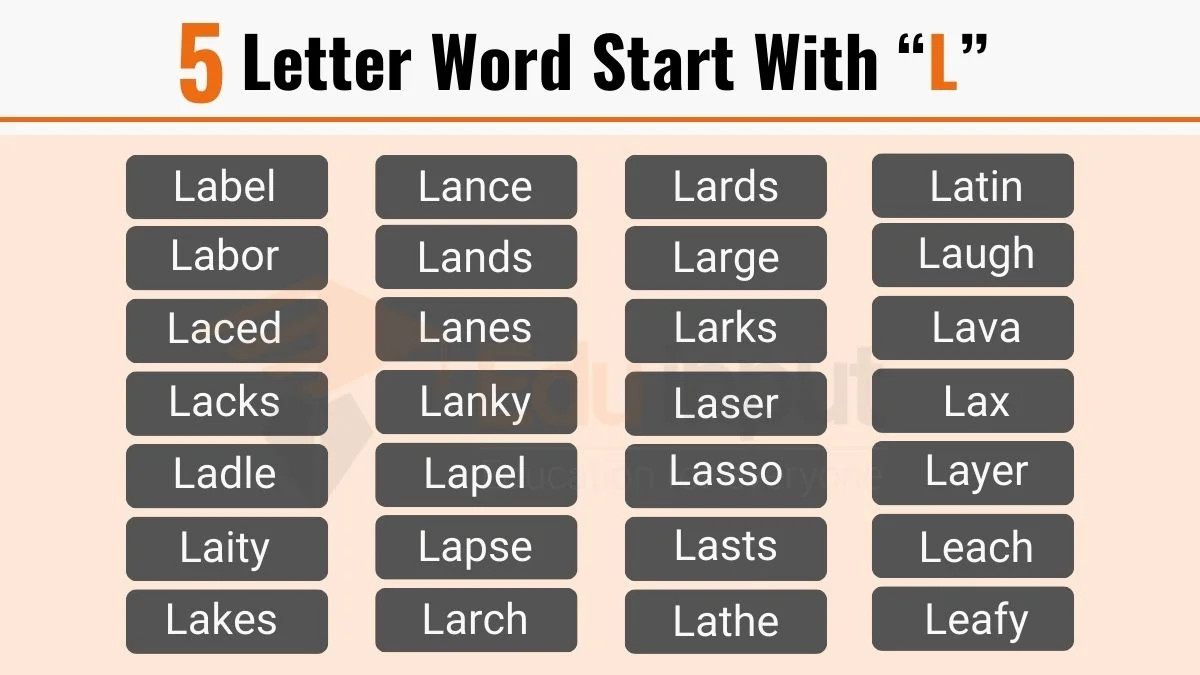Deny vs. Refuse-Difference between and examples
In the realm of language, words that may seem similar can have different meanings and implications. “Deny” and “refuse” are two such words that often cause confusion due to their overlapping contexts.

In this article, we will explore the contrasting aspects of “deny” and “refuse,” shedding light on their distinct definitions, examples, and appropriate usage.
By understanding the nuances between “deny” and “refuse,” you will be equipped to express your intentions accurately and navigate various situations effectively.
Let’s delve into the world of denial and refusal to unravel the disparities between these two terms.
Meanings and Examples
Deny Meaning
The meaning of Deny is,
Verb: “Deny” refers to the act of contradicting, negating, or rejecting something that is believed, claimed, or requested. It involves refusing to admit the truth or existence of something.
Deny Examples
- She denied any involvement in the incident, despite the evidence against her.
- The defendant strongly denied the allegations made against him in the courtroom.
- The company denied the request for a refund, citing their strict policy.
Refuse Meaning
The meaning of Refuse is,
Verb: “Refuse” indicates the act of declining, rejecting, or declining to accept or comply with something that is offered, requested, or demanded.
Refuse Examples
- He refused to lend his car to his friend due to previous incidents.
- The restaurant refused to serve customers without reservations during peak hours.
- The team refused the generous offer as it did not align with their long-term goals.
Differences between Deny and Refuse
| Criteria | Deny | Refuse |
| Meaning | To assert that something is not | To decline or reject something |
| Part of Speech | Verb | Verb |
| Pronunciation | dih-nahy | ri-fyooz |
| Usage | He denied the accusations against him, claiming he had no involvement in the incident. | She refused to accept the offer because it didn’t meet her expectations. |
Usage in a Paragraph
When confronted with the accusation, she was quick to deny any involvement, despite the mounting evidence. Her denial persisted throughout the investigation, even when confronted with eyewitness accounts.
On the other hand, when asked to compromise her values for personal gain, she adamantly refused. Her refusal to participate in unethical practices showcased her strong moral compass. Despite the pressure, she stood firm and refused to compromise her integrity.
Although “deny” and “refuse” may appear synonymous at first glance, they have distinct meanings and applications. “Deny” involves rejecting or contradicting something, often related to claims or requests, while “refuse” refers to declining or rejecting an offer or demand.
Understanding the nuances between “deny” and “refuse” allows for precise communication and effective navigation of various situations. By utilizing these terms correctly, you can express your intentions clearly and assert your choices with confidence.
Whether denying allegations or refusing compromises, being aware of the differences between “deny” and “refuse” enhances your communication skills and fosters effective interactions.







Leave a Reply